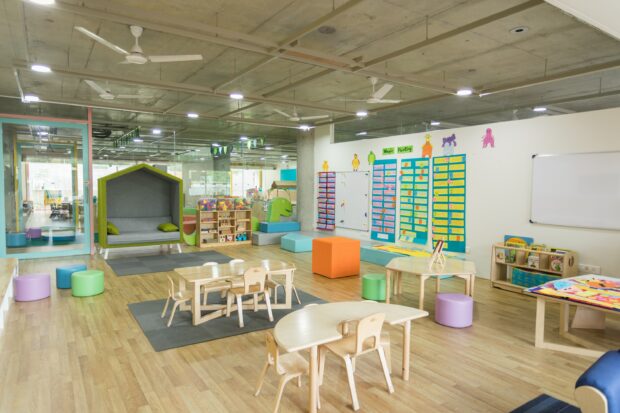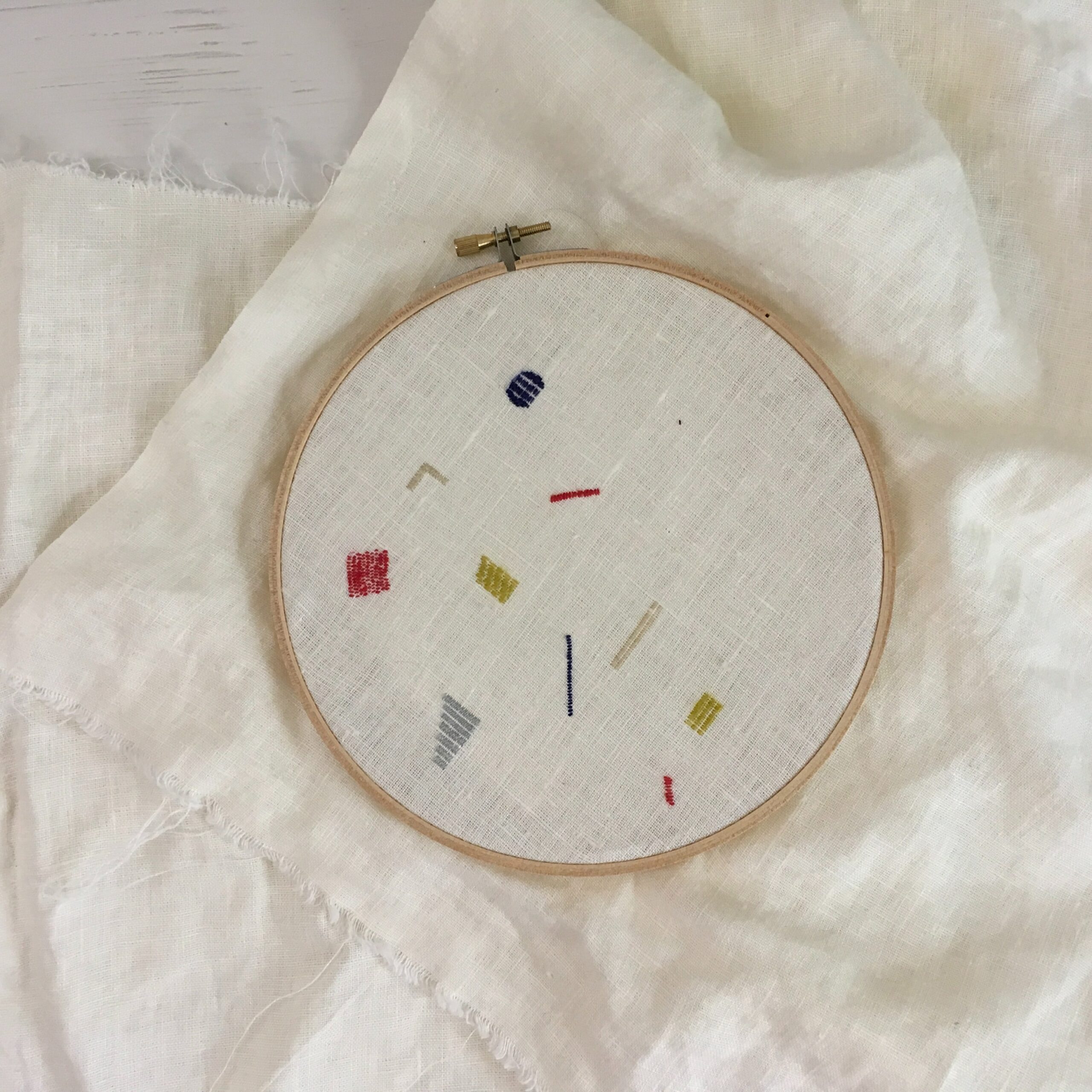As a future educator, my biggest goal is to leave a positive impact on the students that cross my path. The big question is… How? How do I get students invested in their own learning? How do I make their learning as authentic and student-centered as possible? How does a teacher practice their craft such that students are paving their own way?
Listening to Jeff Hopkins share his experiences at his alternative school was very enlightening, and helped to answer the questions that have been nagging at my brain. Jeff described classes at this school to be a form of research and exploration, and discussed the difference between focussing on the process over the product. Broken down to a buzz word, his school focusses on giving students agency.
By providing students the freedom of choice (to decide what they want to do with their time at school), they develop self-regulation and executive functioning skills. As educators, we need to scaffold this part of learning, and provide supports for students to study what’s important to them.
Student-centered learning as described above mitigates student complacency. By giving students voice and choice, we can encourage a more positive, interdisciplinary, exploration-based learning that impacts students far better than a school whose purpose may be otherwise.
In my future practice, I hope to open lines of communication with my students, and dismantle power structures that may naturally manifest in a typical classroom. I want my students to understand that they are the main subjects and that I am here to support and optimize their learning as best I can. I will implement tools such as Genius Hour, as inspired by Jeff, and encourage students to cultivate a passion for learning.
What will you do to cultivate a culture of student agency and exploration in your classroom?

Photo by Nicole Leeper on Unsplash
Photo by Gautam Arora on Unsplash



1 Comment
To cultivate a culture of student agency and exploration in my classroom one day I hope to co-create clear criteria with students, and facilitate and ongoing feedback. This is just one little part of cultivating curious and driven students. I really enjoy what you shared about how you might tackle this question with communication at the forefront. Great ideas Juli!